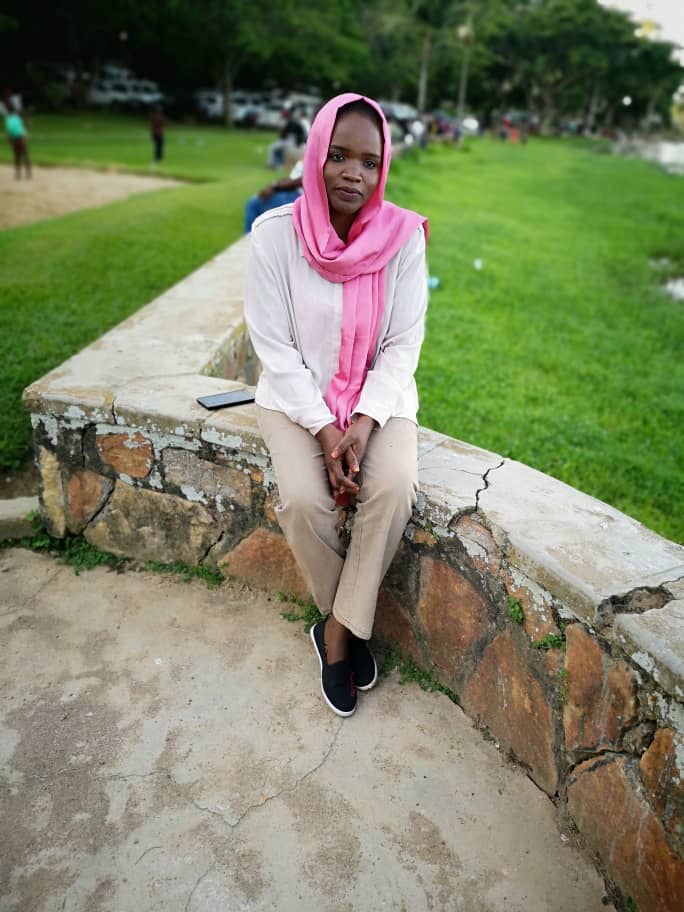By the time Elrudia Abdalla Hussein, a Sudanese woman human rights defender was in secondary school, she had witnessed the killings of countless people. Growing up in Darfur, she observed violence and human rights abuses. “If you do not have power, you do not have rights,” she concluded. As a result, she decided to join a student association during her tertiary education to raise awareness about human rights and fight injustice.
When strangers entered their family home in 2010, Elrudia and her husband decided to flee to Uganda with their children. As a refugee, Elrudia faced new human rights challenges. Many of the Sudanese refugee women in her community are single mothers struggling financially. Coming from a war zone, they often face mental health challenges. Many of them only know basic English, making it difficult to navigate the Ugandan refugee system. When one of the women in Elrudia’s community struggled to pay rent, she got together with a group of Sudanese refugee women to help out.
“We decided to come together as sisters, and all put in a financial contribution to pay two months of her rent. After this, we decided to continue the communal support and founded an association.” Sudanese Women for Peace and Development association not only helps refugee women financially, but also with asylum procedures, referrals for support by other NGOs, counselling, trainings, and raising awareness about their rights. It is run entirely by volunteers from the Sudanese refugee community, who also fund the project to a large extent.
As refugees, it can be quite tricky to defend human rights in Uganda: involvement in politics can lead to an investigation that could ultimately revoke refugee status, but the line between politics and human rights is often rather thin. Elrudia’s association clearly focuses on social work, yet they carefully steer clear of any speech or activity that could be interpreted as political – a difficult balancing act sometimes. Another difficulty Elrudia and other exiled HRDs face is how to generate income for their families. Refugees have to rely on informal jobs to cover expenses like rent, food or school fees, so Elrudia often sells food she has prepared – while running the women’s association and also completing her master’s degree in Agriculture and Economics.
What keeps her going is hope: “I see things getting better around me. It’s easier to be in touch with friends and family back in Darfur. That gives me hope. Seeing the impact that we make in our community pushes me to continue, despite the difficulties. And: when I start something, I finish it!”

